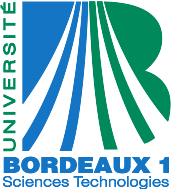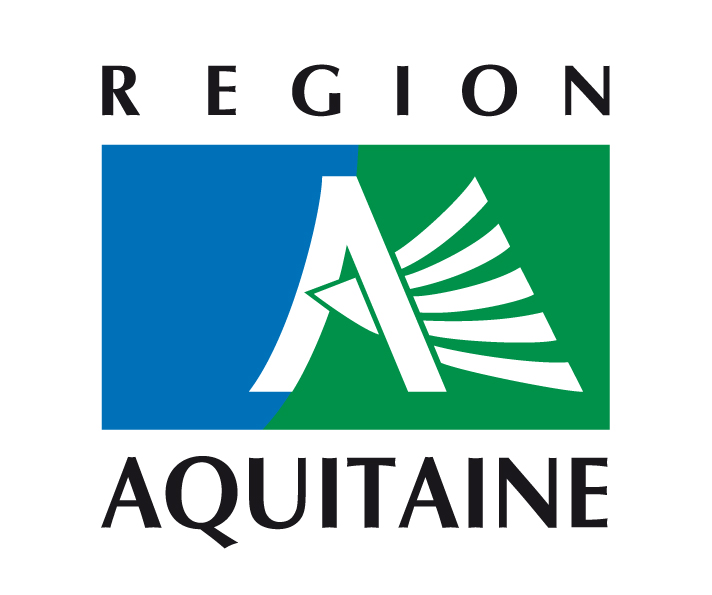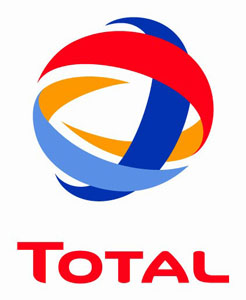|
Conference Chairs
- Pascal Hénon, TOTAL / INRIA, France
- Esmond G. Ng, Lawrence Berkeley National Laboratory, USA
- Yousef Saad, The University of Minnesota, USA
- Wei-Pai Tang, The Boeing Company, USA
- Local Organization (INRIA Bordeaux Sud-Ouest, ENSEIRB, University of Bordeaux 1)
Emmanuel Agullo, Luc Giraud, Abdou Guermouche, François Pellegrini, Pierre Ramet, Jean Roman
Josy Baron, Laetitia Grimaldi
Program
-
Click here
for the program.
Open repository (HAL) containing abstracts and authors information is also here .
The International Conference on Preconditioning Techniques for
Scientific and Industrial Applications,
Preconditioning 2011, is the seventh in a series of conferences
that focus on preconditioning techniques in sparse matrix computation.
Past Preconditioning Conferences were
-
Preconditioning 1999, The University of Minnesota, Minneapolis, June
10-12 1999.
- Preconditioning 2001, The Granlibakken Conference Center, Tahoe
City, April 29 - May 1, 2001.
- Preconditioning 2003, Embassy Suites Napa Valley, Napa, October 27-29, 2003.
-
Preconditioning 2005, Emory University, Atlanta, May 19-21, 2005.
-
Preconditioning 2007, Météopole, Toulouse, France, July 9-12, 2007.
-
Preconditioning 2009, Hong-Kong Baptist University, Hong-Kong, August 24-26, 2009.
The goal of this series of conferences is to address the complex issues
related to the solution of general sparse matrix problems in large-scale
real applications and in industrial settings. The issues related
to sparse matrix software that are of interest to application scientists
and
industrial users are often fairly different
from those on which the academic community is focused. For example,
for an application scientist or an industrial user, improving robustness
may be far more important than finding a method that would gain
speed. Memory usage is also an important consideration, but is
seldom accounted for in academic research on sparse matrix
solvers. As a last example, linear systems solved in applications are
almost always part of some nonlinear iteration (e.g., Newton)
or optimization loop. It is important to consider the
coupling between the linear and nonlinear parts, instead of
focusing on the linear systems alone.
The speakers of this conference will discuss some of the
latest developments in the field of preconditioning techniques
for sparse matrix problems. The conference will allow participants to exchange findings
in this area and to explore possible new directions in light
of emerging paradigms, such as parallel processing and object-oriented programming.
Date
-
May 16-18, 2011.
|







